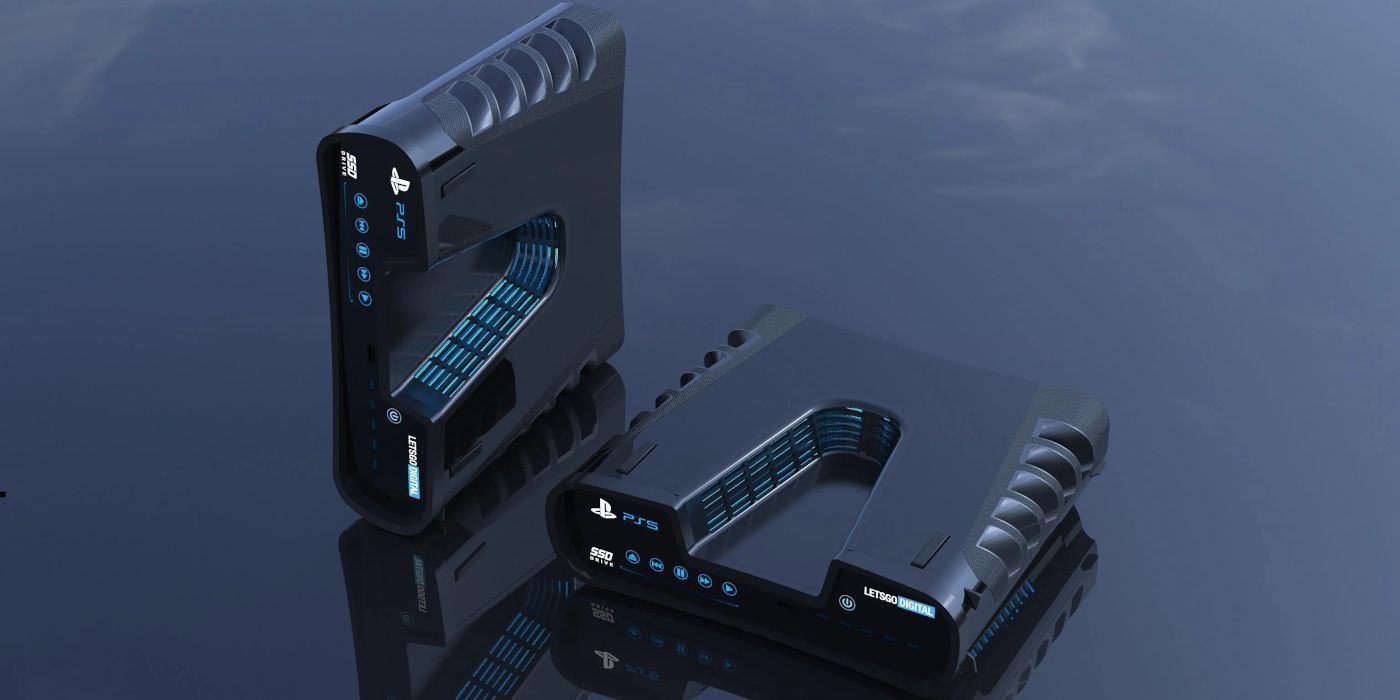As the dust settles from this week's stunning real-time tech demo on PlayStation 5 hardware, Epic Games CEO Tim Sweeney explains how the PS5's solid-state drive (SSD) is actually more efficient than those found inside high-end PC gaming rigs. It's yet another peek at what develoepr say the next-gen Sony console's internal hardware can do, but prospective buyers still don't even knowing what the supposedly beastly machine looks like.
So far, players know that the PS5 will have a backwards compatibility focus, native 4K resolution support, and, apparently, a monster of an SSD that outshines the otherwise beefier Xbox Series X, but they still feel rather left in the dark with only months remaining before the console's slated holiday 2020 launch date. They were finally thrown a bone during the tech demonstration of what Epic Games' Unreal Engine 5 will be capable of under optimal conditions, which Epic elected to showcase on the PS5 rather than its Xbox competitor. The engine. Epic's Tim Sweeney has since taken the time to clarify that Unreal Engine will be equally impressive on either console, but the decision to run the tech demo on a PS5 rather than Xbox Series X - or a high-end gaming PC - has left some scratching their heads.
When asked about the decision on Twitter, Epic CEO and founder Tim Sweeney gave an brief but effective summary describing why a PS5 was used as the face of Unreal Engine 5 rather than a PC. The long and short of it evidently comes down to "systems integration and whole-system performance," as he claims the PS5 is "very efficient" at storing large amounts of data as "video memory in its native format" as compared to PCs. Basically, the PS5 is more capable of taking native high-resolution renders and processing it more quickly than all but the most expensive PCs, which provide similar results with lesser efficiency on a system-wide level despite having parts that are individually more powerful than the console's. Explaining the difference further, Sweeney states that advertised performance is always "theoretical" and PC processing is always a "slow and circuitous journey" through the machine, whereas he alleges the PS5 is "several times more efficient."
To some, Sweeney's statements may seem counter-intuitive. However, since both next-gen consoles use custom hardware, only someone who actually has access to a PS5 at present can properly refute his claims, and developers with the hardware on hand are staying tight-lipped about the console and its inner workings for now. The Unreal Engine 5 demo was very exciting and the upcoming console generation will be a breath of fresh air for players as much as it's been for the studios making games for them, but it's good to remain skeptical of the light year advances in visuals and performance that self-interested industry mouthpieces are promising until those claims are proven.
Players should definitely maintain a healthy level of skepticism, but it's hard to not get excited by what Sweeney and others are positing about the PS5. With a possibly leaked November release date, only half-a-year may stand between players and their ability to get their hands on this panacea hardware about which they've been seen so little but heard so much.
Source: Tim Sweeney, Tim Sweeney

